Panelists Urge Confronting Drug Pricing Crisis through Patent Reform
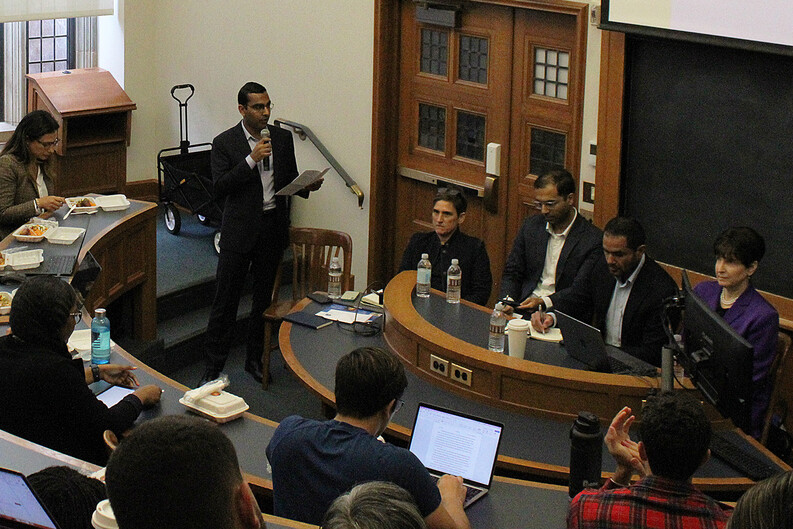
On Oct. 16, the Solomon Center held "Confronting the Drug Pricing Crisis through Patent Reform," a panel featuring four experts who guided the audience through the complexities of the current patent landscape and discussed critical issues surrounding drug pricing.
Professor Robin Feldman of UC Law San Francisco started the discussion by describing the “perverse incentives” that keep drug prices high. She emphasized the disparity between the original purpose of patent law — to foster and safeguard innovation — and how it is used now. There has been a shift from creating novel therapeutics to promoting innovations in formularies or delivery mechanisms. Feldman said this ecosystem reinforces profit-driven motives. She noted that pharmacy benefit managers, who are meant to negotiate drug prices on behalf of their health plan clients, also benefit from high drug prices.
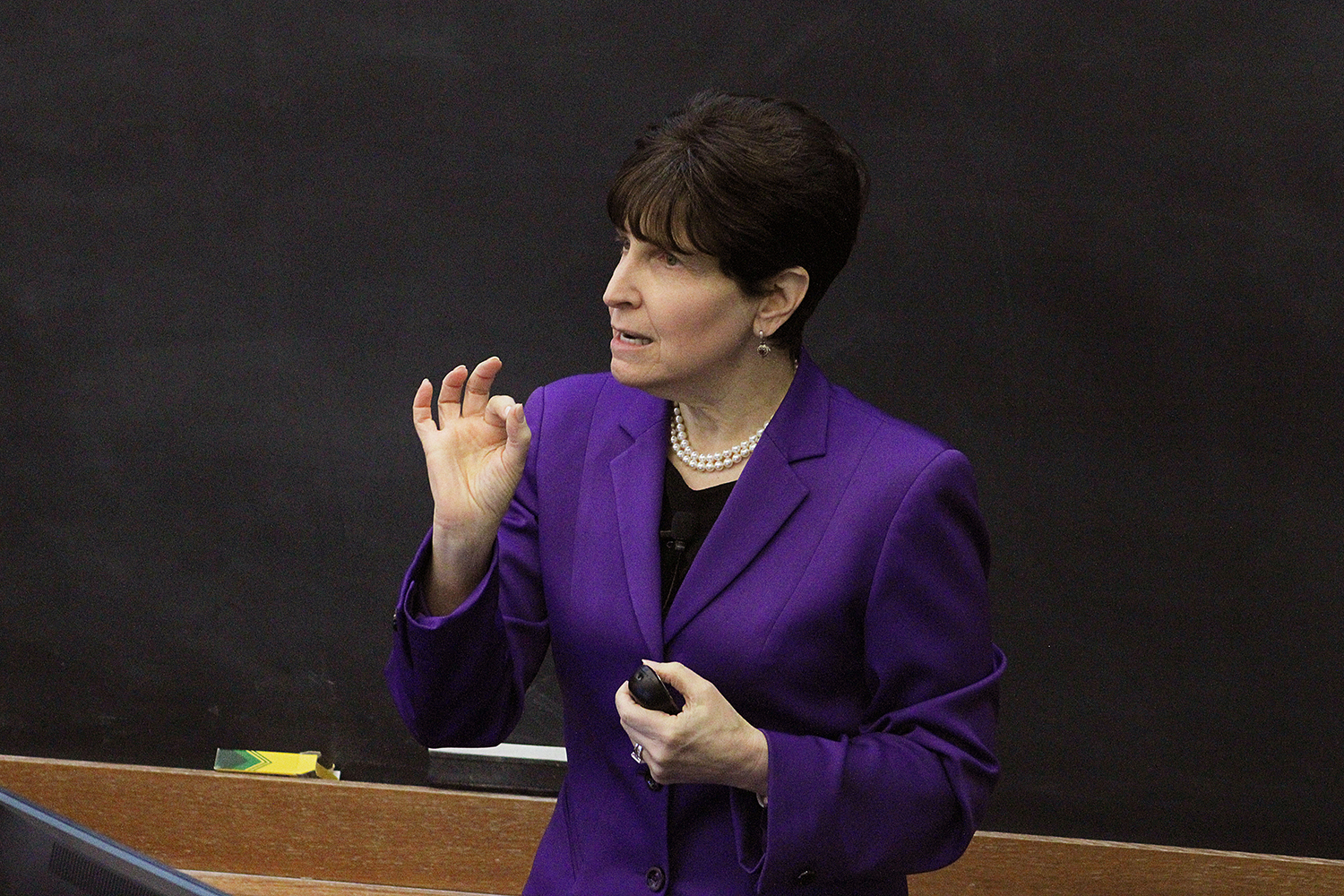
Initiative for Medicines, Access & Knowledge Founder Tahir Amin delved into the proliferation of patents within the pharmaceutical industry, especially among the top-selling drugs. He highlighted that companies often generate more revenue during the "extended period" of patents rather than during the initial phase.
Zain Rizvi, Senior Health Counsel for the U.S. Senate Committee on Health, Education, Labor, & Pensions, discussed what he called a monopoly-like situation created by drugs like Humira, given their “astronomical” sales figures. He noted that most biotechnology is based on publicly funded research but doesn't translate into reasonable pricing for consumers.
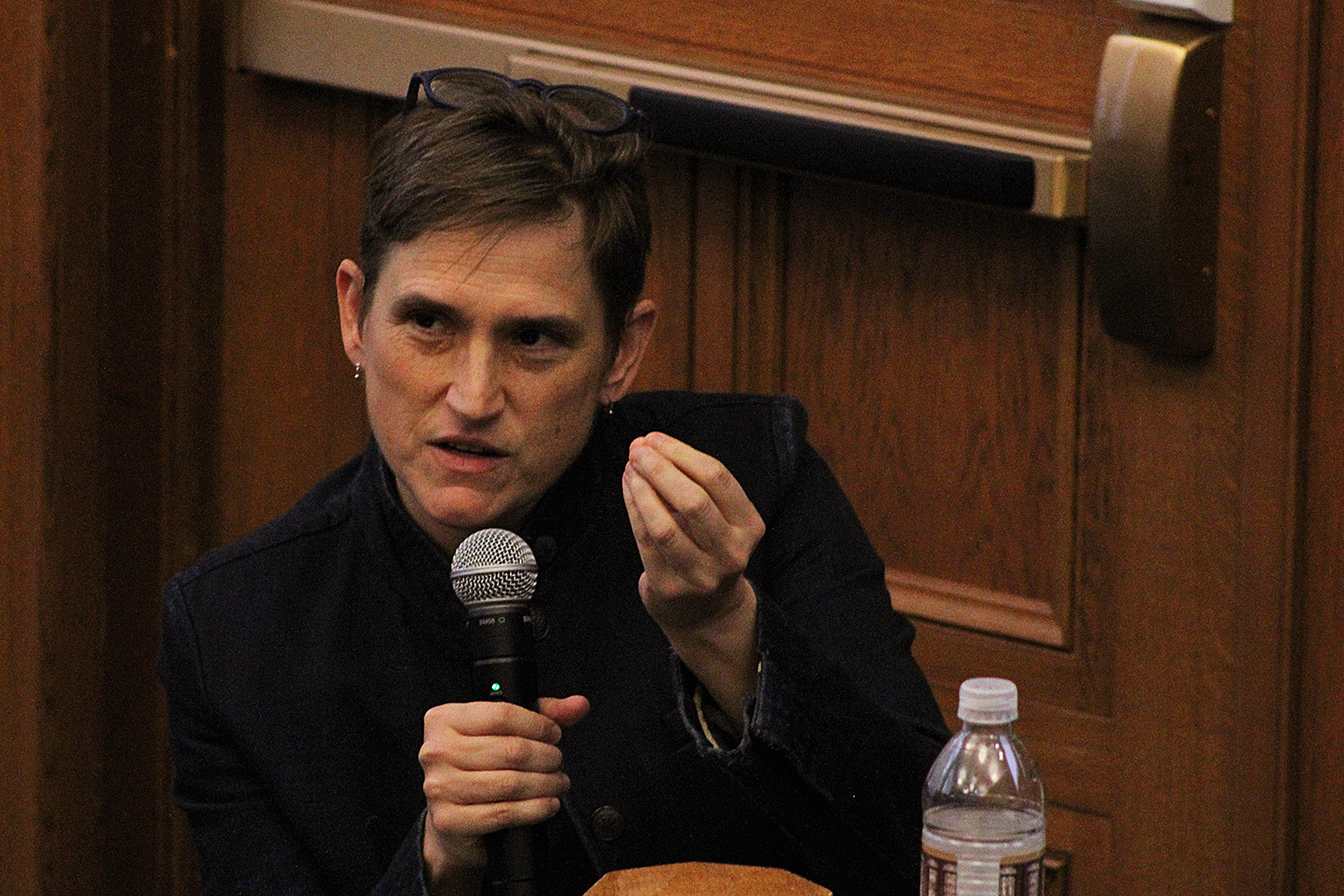
Professor of Law Amy Kapczynski ’03 drew attention to the disproportionate government funding for breakthrough research and the need for incentives to promote such research through a reformed system.
Speakers then offered alternatives to the current system: “one and done” patent issuances, patent transparency, milestone-based compensation, and government circumvention of exclusivity. Feldman started by noting that a single therapeutic could receive multiple patents for different indications, resulting in extended exclusivity. She said an alternative could involve issuing a single patent per therapeutic, compelling pharmaceutical developers to select an indication that maximizes benefit while limiting long-term exclusivity.
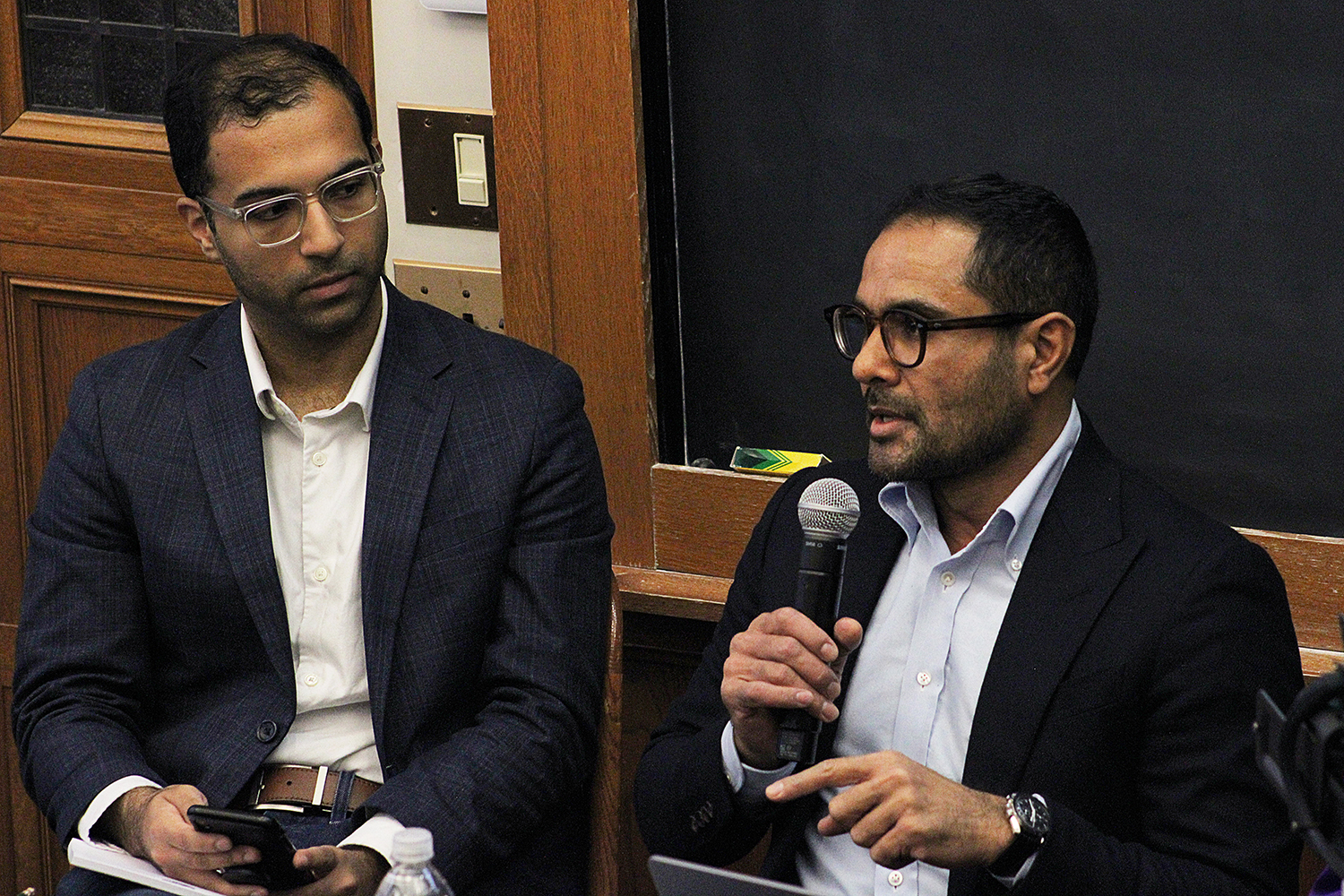
Amin pointed out that the patent system suffers from a lack of transparency, despite legislation mandating it. He explained how FDA’s publicly available register of small molecule drugs — known in the industry as the orange book — lacks complete patent data for most drugs listed. And, he said, only 2% of drugs listed in FDA’s publicly available register of biologics — otherwise known as the purple book — have any patent data on file, even though biologics often have multiple patents. Improved transparency about how pharmaceuticals protect exclusivity would enable the development of more effective means to safeguard innovation while promoting access.
Rizvi likened patents to a "prize" earned through innovation. He said other prize-style incentives could encourage innovation without disproportionately benefiting those who successfully commercialize their technology. For example, payments could be disbursed upon reaching different milestones, he said.
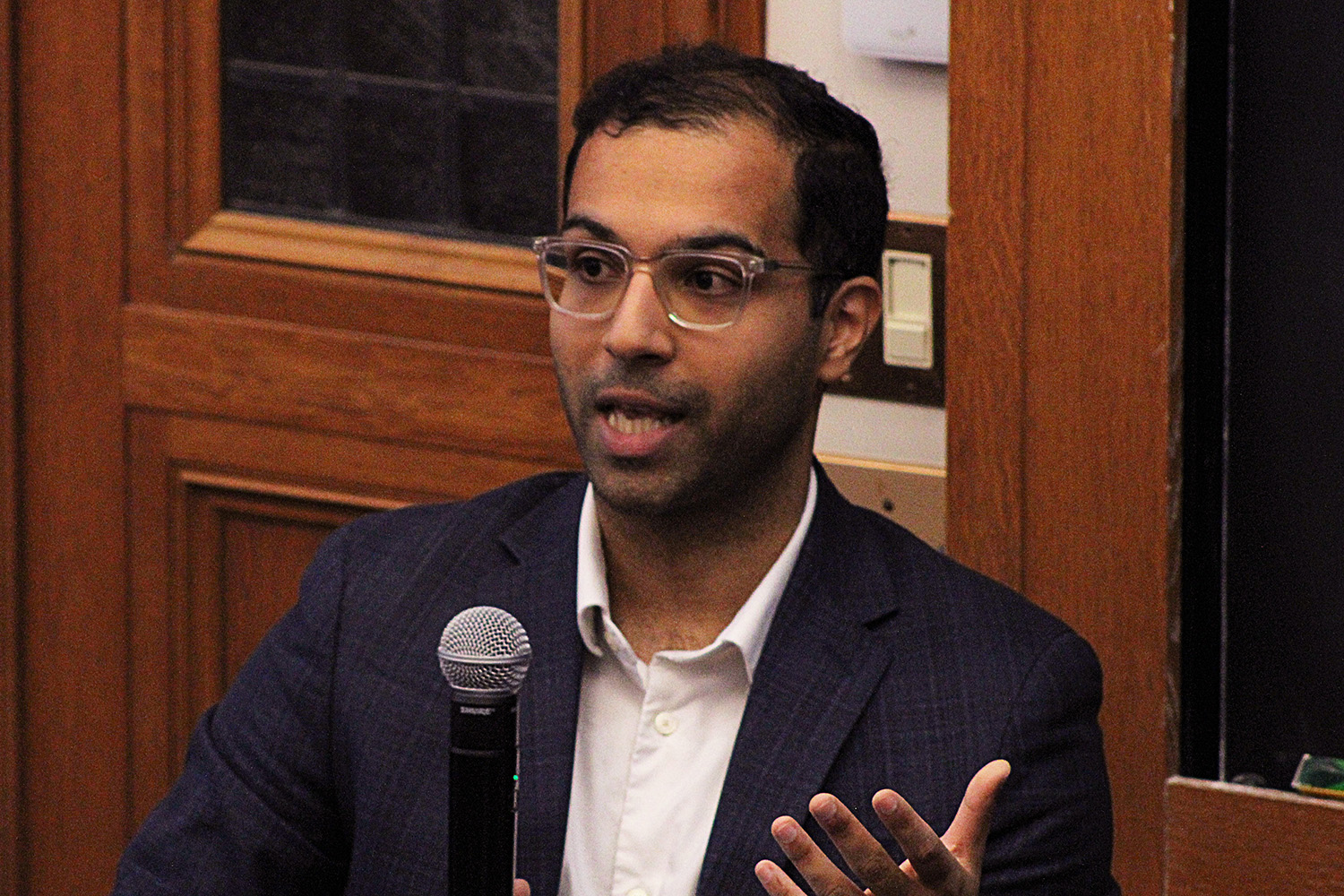
Kapczynski highlighted the significant role governments play in basic science breakthroughs and discussed various opportunities for them to influence drug access. She cited as examples California's in-state insulin manufacturing and the U.S. government's response to COVID-19. She also noted that existing federal regulations enable the U.S. government to selectively bypass patents, which she said could be a potent tool for addressing specific societal needs, such as hepatitis C vaccinations.
To conclude the discussion, Feldman emphasized the complexity of the patent debate, which involves numerous nuanced arguments and statistics. Pharmaceutical developers have crafted persuasive arguments to support existing patent law, she noted. Therefore, she said, engaging legislators to innovate intellectual property for improved access will require well-organized and concise messaging.


